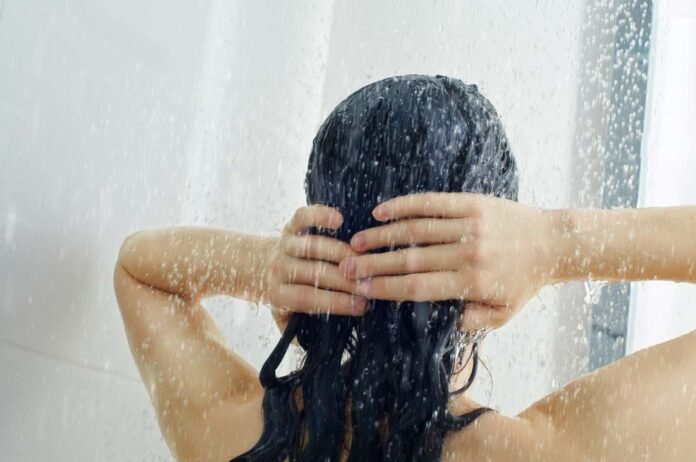Personal hygiene, particularly showering, is a routine many people take for granted. Yet, have you ever wondered what happens to your body if you stop taking showers? While the thought may seem unpleasant or even taboo, understanding the effects of skipping this daily ritual can offer intriguing insights into human biology and the complex ecosystem of microorganisms living on our skin.
Dr. Swetha Sridhar, an assistant professor at Bowring and Lady Curzon Hospital, sheds light on the surprising changes that occur when someone foregoes regular bathing. According to Dr. Sridhar, the first noticeable change is the increase in skin oiliness. Without regular washing, the sebaceous glands continue to produce oils that accumulate on the skin. This excess oil can lead to a greasy appearance and contribute to acne and other skin issues.
In the absence of regular cleansing, the skin’s natural bacteria thrive. While some of these microorganisms are harmless or even beneficial, others can become problematic. Over time, the build-up of sweat, dead skin cells, and bacteria can lead to unpleasant odors. The skin may develop a noticeable smell as bacteria break down sweat and sebum.
Dr. Sridhar also points out that skipping showers can result in increased itchiness and discomfort. As dead skin cells accumulate, they can cause irritation and itching. The buildup of these cells can also make the skin more prone to infections and rashes, as it becomes a breeding ground for harmful bacteria and fungi.
Moreover, not showering regularly can impact personal confidence and social interactions. People often associate cleanliness with good hygiene, and not maintaining this aspect can affect how others perceive you. This can lead to social discomfort and even impact professional relationships.
It is also important to note that while skipping showers may seem minor, it can have significant health implications over time. Regular cleansing is essential for removing dirt, sweat, and bacteria that can otherwise lead to skin problems. Dr. Sridhar emphasizes that maintaining personal hygiene is crucial for overall health and well-being.
Stopping regular showers leads to several noticeable changes in the body. From increased oiliness and unpleasant odors to potential skin issues, the effects of halting this daily routine highlight the importance of personal hygiene in maintaining health and social well-being.
As the days without a shower stretch on, the skin’s natural balance continues to shift. The skin’s barrier function can become compromised, leading to increased sensitivity and dryness in some areas. This imbalance can also exacerbate pre-existing conditions like eczema or psoriasis. Without the regular removal of dead skin cells and impurities, these skin conditions can flare up, leading to redness and inflammation.
Additionally, the lack of regular bathing can impact the scalp. Just as the skin produces excess oil, the scalp also becomes oilier without proper cleansing. This can result in dandruff and a flaky scalp. The accumulation of oils and skin cells may also create a more hospitable environment for fungal infections, which can further aggravate scalp conditions.
Dr. Sridhar also highlights the potential psychological effects of not showering regularly. Hygiene is closely linked to mental well-being, and the discomfort associated with poor personal hygiene can affect mood and self-esteem. Individuals who stop showering may experience feelings of self-consciousness or depression due to the social stigma attached to body odor and uncleanliness.
On a more systemic level, the body’s immune response can be affected. Regular bathing helps to wash away potential pathogens that could otherwise invade through the skin. With a lack of cleansing, the body’s natural defenses might become less effective, making one more susceptible to infections.
Lastly, it’s worth noting that while some people might experiment with skipping showers, it is generally advised to maintain regular hygiene practices. The benefits of showering extend beyond mere cleanliness; they contribute to overall health, comfort, and social interactions. Maintaining a routine that includes regular showers is crucial for keeping the body and mind in balance.

